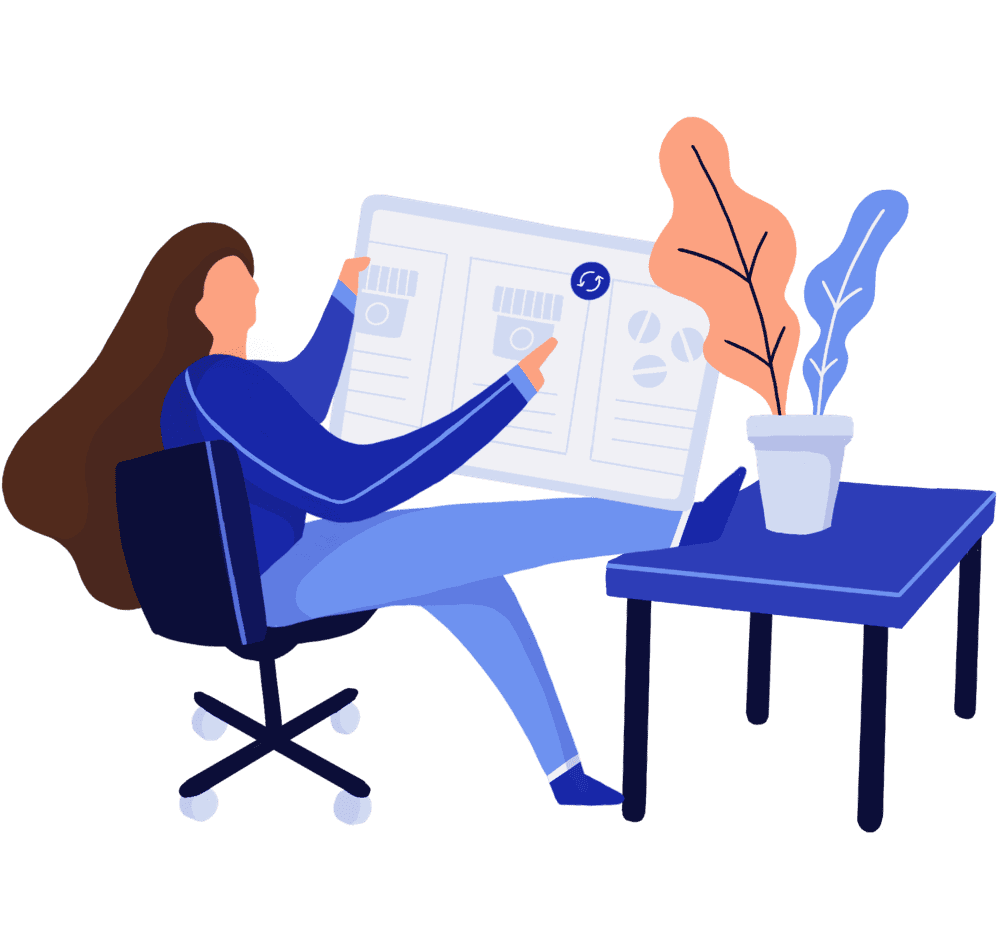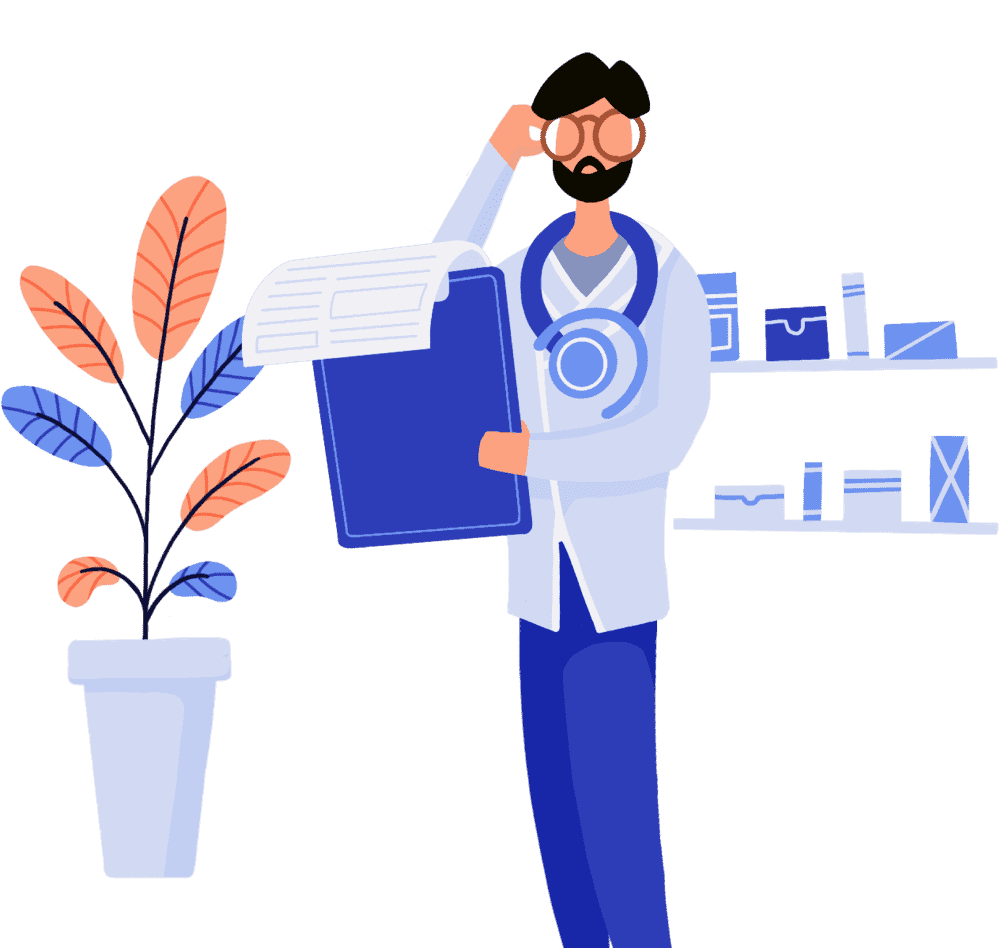Bank Holiday Delivery: Please note orders placed after Wednesday 16th April may not be delivered until after the Easter Bank Holiday.
- Home
- Chronic Conditions
- Hay Fever/Allergies Treatment
Hay Fever/Allergies Treatment
Hay fever is a condition that affects approximately 1 in 5 people in the UK and is caused by a pollen allergy. This means that sufferers notice a varying degree of severity in their symptoms and it’s usually a seasonal thing, depending on exactly what kind of pollen you’re allergic to. Symptoms include sneezing, itchy eyes and a blocked nose, which can be treated effectively using one of our medication options.
More Information
What is hay fever?
Hay fever (medically referred to as seasonal allergic rhinitis), is an allergy to pollen that is very common and affects about 20% of people in the UK. Hay fever tablets, such as Telfast and Fexofenadine, can help you treat symptoms of hay fever. It usually first occurs in childhood, but can develop at any age, and symptoms include sneezing, a blocked or runny nose, itching in the eyes, ears, throat or lips, coughing, tiredness and wheezing.
These symptoms occur in the case of most allergic reactions (such as an allergy to animal fur) when the body produces the chemical histamine. In the case of hay fever, histamine is produced when the person comes into contact with pollen and the body releases antibodies to try and fight it off.
Google Web Story: When is Hay Fever Season in the UK?
Check out our Google Web Story which explains when hay fever is at it's peak in the UK along with the most common pollen types in the UK.
Our blog called "When is Hay Fever Season?: A Guide To Pollen Types & Allergies Through The Year - UK Edition" takes an even more in depth look.
| Hay Fever Tablets | Hay Fever Pills |
|---|---|
| Buy Hay fever Tablets | Buy Hay Fever Pills |
| Hay Fever Tablets for Sale | Hay fever Pills for Sale |
Unlike some other allergies, hay fever is not normally noticeable year-round because it’s all to do with pollen and the density of it in the air. In Winter, when there is little pollen around, hay fever sufferers will be able to go about their daily life without noticing any symptoms. But in Spring and Summer when new plants, flowers and grass are growing, the pollen count in the air is extremely high and sufferers will likely notice persistent and uncomfortable symptoms.
What causes hay fever?
Hay fever is caused by pollen that triggers an allergic reaction in the body. Most people are not allergic to all pollen, but have an intolerance to certain types (which is helpful to identify). About 90% of hay fever sufferers in the UK are allergic to grass pollen, which is unfortunate because it’s hard to avoid, particularly in the summer months. The other pollens that people can be allergic to are weed pollen (from nettles and dock for example) which is also rife in summer, and tree pollen, which tends to peak in the early Spring.
It’s not clear why some people are allergic to pollen and others not, or why people can develop it at any time, but there are certain risk factors that seem to make the immune system more likely to react. This includes a family history of hay fever, exposure to tobacco during childhood and certain existing conditions such as Asthma.
How can I treat hay fever?
Hay Fever Treatment
In an ideal world, the best way to avoid the symptoms of hay fever is to avoid the allergen altogether (which is, in this case, pollen). But of course, that’s not practical or normally possible so you may wish to seek medication to reduce the symptoms of hay fever. UK Meds offer a range of treatment options, from nasal sprays to eye drops to tablets, which relieve the discomfort of hay fever and help you to go on with your day.
While some treatment options directly target the affected area (nasal sprays to reduce swelling in the nasal passage, for example), some medications work to prevent the allergic reaction in the first place. These are called antihistamines, and they inhibit the function of histamine, which causes the symptoms of hay fever.
Although it’s almost impossible to avoid pollen completely, there are ways to try and reduce your exposure to it such as shutting windows and doors, vacuuming your house regularly, avoiding very grassy areas and fitting a pollen filter on your car to stop it entering through the air vents.
Surviving Hay Fever: A Guide To How To Stop Hay Fever
There are some simple lifestyle tips that can reduce the symptoms of hay fever for sufferers, learn more on our blog - Surviving Hayfever: A Guide To How To Stop Hayfever.
Google Web Story: How To Stop Hay Fever
Check out our Google Web Story which visually explains some simple tips for hay fever sufferers to tackle peak pollen season in the UK:
More Information
Medication delivered the next day from UK pharmacies



Choose the right treatment
From the comfort of your own home or out on the go, choose the treatment you require from our extensive range.
Complete an online consultation
A vital part of our process, your online consultation will be similar questions to that of a GP. Quick and easy, we guarantee privacy and confidentiality.
Delivered discreetly
One of over 100 of our partner regulated UK pharmacies will dispense and ship the treatment to you in discreet packaging.
Rated out of 5 on 
Quick and efficient service.
Very fast and efficent service
First class and reliable
Excellent service I ordered it on Wednesday and it arrived Thursday
Rated 4.6 out of 5 based on 6403 reviews
Here to help you
Our Customer Service is available Monday to Friday 9am - 5pm. If you need urgent assistance, do not use this service. Call 111, or in an emergency call 999. Visit our help section


